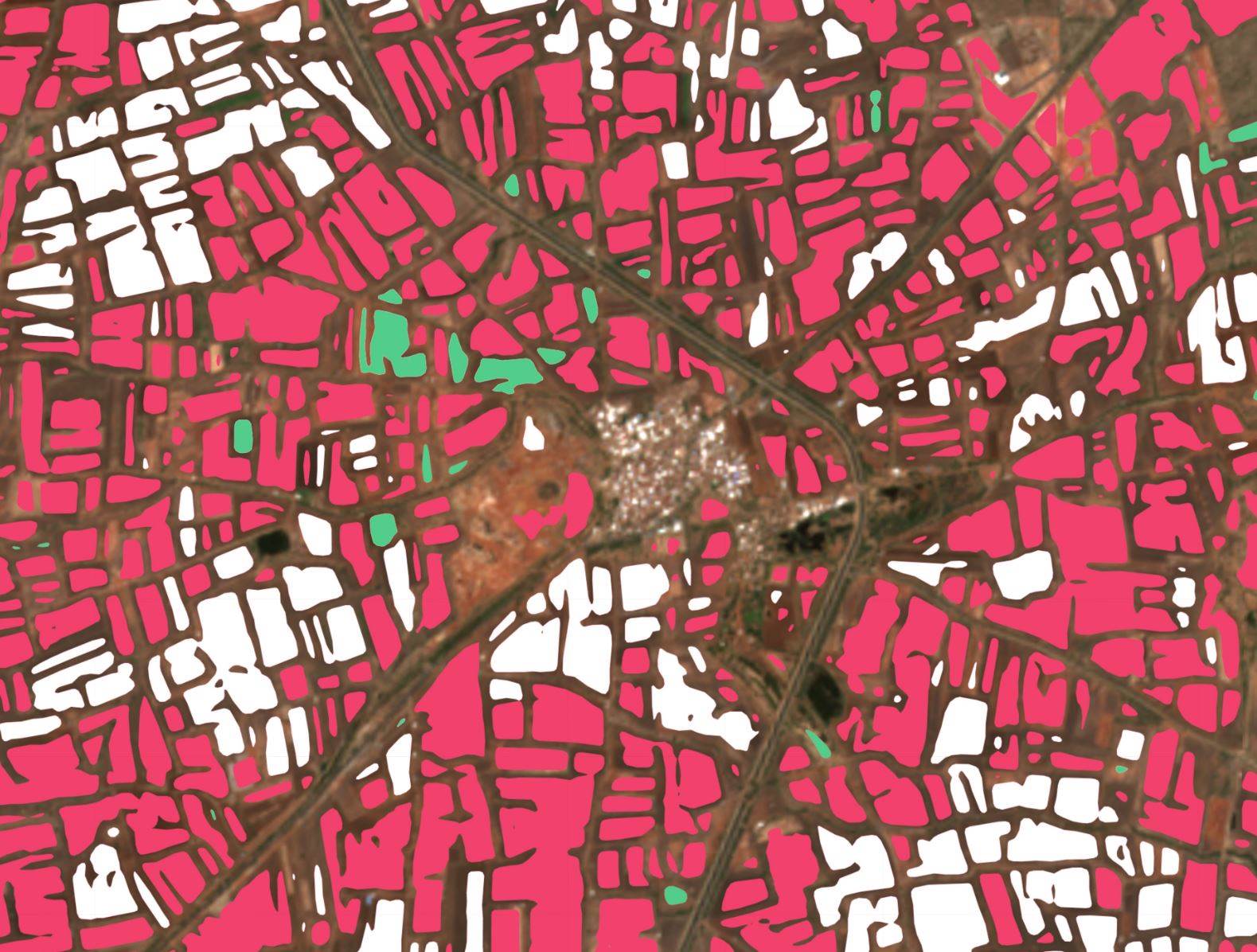GOTS' AI cotton mapping hits 97% accuracy

The Global Organic Textile Standard (GOTS) and AI firm Marple have unveiled the results of their satellite cotton monitoring project in India demonstrating a 97% accuracy rate in detecting cotton fields and over 80% accuracy in determining their organic status.
Co-financed by Global Standard, the non-profit behind GOTS, and the European Space Agency’s (ESA) Business Applications and Space Solutions (BASS) programme, the project uses the Cotton Cultivation Remote Assessment (CoCuRA) software developed by Marple, aiming to increase organic cotton availability and reduce fraud.
Field teams visited over 6,000 fields in India, across the states of Gujarat, Haryana, Madhya Pradesh and Maharashtra, collecting data on crops, soil types and cultivation status. This data was then used by Marple to refine the CoCuRA algorithm for cotton specifics in India. Once the algorithm was trained, it was applied to the entire agricultural area of India, covering 2.7 million square kilometres.
Jeffrey Thimm, organic production specialist at Global Standard, said: "This technology identifies farmers who use sustainable methods that meet organic standards but lack certification. By integrating these farms into conversion projects, it boosts organic cotton supply, promotes sustainable farming practices and enables farmers to access premiums on their supplies."
Claudia Kersten, managing director of Global Standard, said: “This eye in the sky will prevent fraud by allowing us to crosscheck locations and field sizes in a very cost-efficient way. It's a win-win-win situation: farmers have an incentive to grow organic and improve their lives, the industry can secure its supply and meet its sustainability goals, and consumers have a greater choice of organic textiles."
Following the pilot in India, the project aims to expand globally.
Read more about the project when WSA spoke to Jeffrey Thimm.











